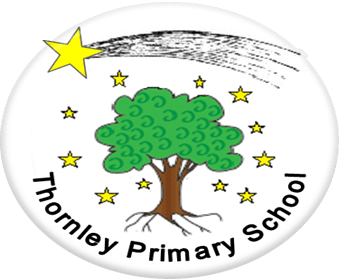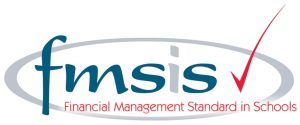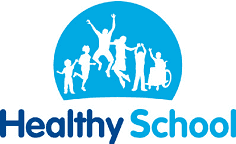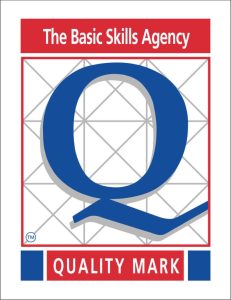Most children and young people in mainstream schools will have their special educational needs met through good classroom practice. This is called Quality First Teaching.
Early Identification of Need
In deciding whether to make special education provision to support educational, social, physical or emotional needs, we:
- Work in partnership with parents/carers and pupils through parents evenings and communication through the DoJo
- Consult with relevant external agencies as required
- Use assessment tools & materials
- Use observations
- Use Short Notes for individual pupils
- Use Short Notes for group intervention
SEN Support
Where a pupil is identified as having a special educational need we follow a graduated approach which takes the form of cycles of “Assess, Plan, Do, Review”.
This means that we will:
- Assess a child’s special educational needs through observation of pupils, marking of work and ongoing formative assessment. If gaps are identified, intervention is immediate in order to enable children to Keep Up. If concerns arise, parents are spoken to and children may be given a SEND Support Plan and put on the schools SEND Register.
- Plan the provision to meet your child’s aspirations and agreed outcomes – this is carried out termly in conjunction with the parents and child (where appropriate).
- Do put the provision in place to meet those outcomes. The SEND Support Plan is used as a working document and evidence gathered.
- Review the support and progress – Termly, the class teacher meets with the SENCO to review pupil progress and to decide any next steps which could be required. These are then discussed with the parents and child to ensure the pupil’s progress is maintained and accelerated.
As part of this approach every child with SEN will have an individualised SEN Support Plan that describes the child’s needs, outcomes & provision to meet those needs. Parents/carers and child/YP (where appropriate) views are integral to the this process.
A small percentage of children and young people with significant and/or complex needs may require an assessment that could lead to an Education, Health and Care Plan.
EHC plans are for those children (0-16) or young people (16-19) or adults (19-25) with special educational needs who require support beyond that which an educational setting can provide at SEN support. A child who has educational needs may also have additional health and social care needs and those can be included in the plan so long as they relate to education. You cannot have a freestanding EHCP for health or social care reasons alone
For more detailed information see the Local Offer
Details of Identification and Assessment of Pupils with SEN
Class teachers assess all pupils against the National Curriculum for their year groups using formative on going assessment (marking, observation) and summative assessments (such as White Rose Maths Unit assessments). If a pupil is working well-below the curriculum for their age, this process will be completed using the curriculum from the most appropriate year group – this will enable pupils targets to be progressive and specific and ensure progress is accelerated.
Assessments are recorded on SIMS and pupil progress trackers. These identify pupils who require intervention and support and ensures the SENCO can monitor and track pupil progress. Data is analysed by the School Data Company and ensures the Headteacher is aware of how the schools performance compares to local and National pictures.
Pupil Progress meetings are held termly with the Headteacher (also SENCO) where pupil progress is discussed and advice given on the provision which should be in place for individuals. These are then followed by Parent reports or meetings.
If a parent is concerned, they should contact the class teacher initially. If concerns continue, a meeting will then be arranged with the Class Teacher and SENCO.
Intervention for pupils can take many forms. At Thornley Primary, we prioritise Keep Up approaches through in lesson intervention or small group prior to the next lesson. Tas work across classes to support pupils in maintaining and accelerating progress. There are occasions pupils require 1 to 1 or small group intervention and school utilises professional advice in order to deliver this.
It is essential that all pupils access the full curriculum offer. We believe in breaking down barriers not building them so staff are always asked to consider the support which is needed to enable all pupils to be fully engaged in all activities both on school site and on trips and/or residentials. We do not believe in exclusion but inclusion.
On occasions, to ensure the safety of individual pupils, a risk assessment may be required. These are created alongside parents and pupils and school seeks the advice of professionals on individual needs and approaches.
For further information please view or download our Accessibility Plan which can be found in the School Policies section of our website.









